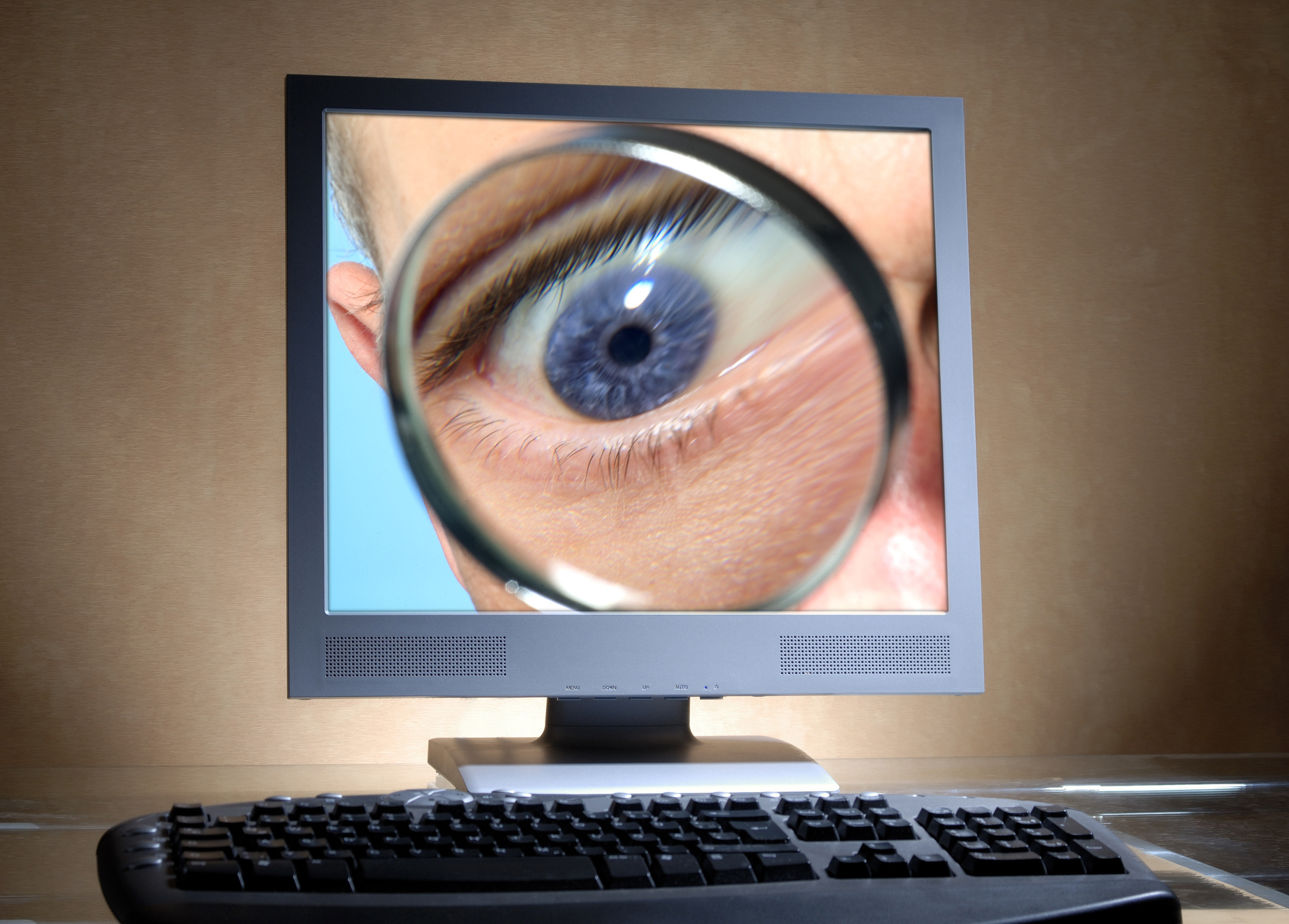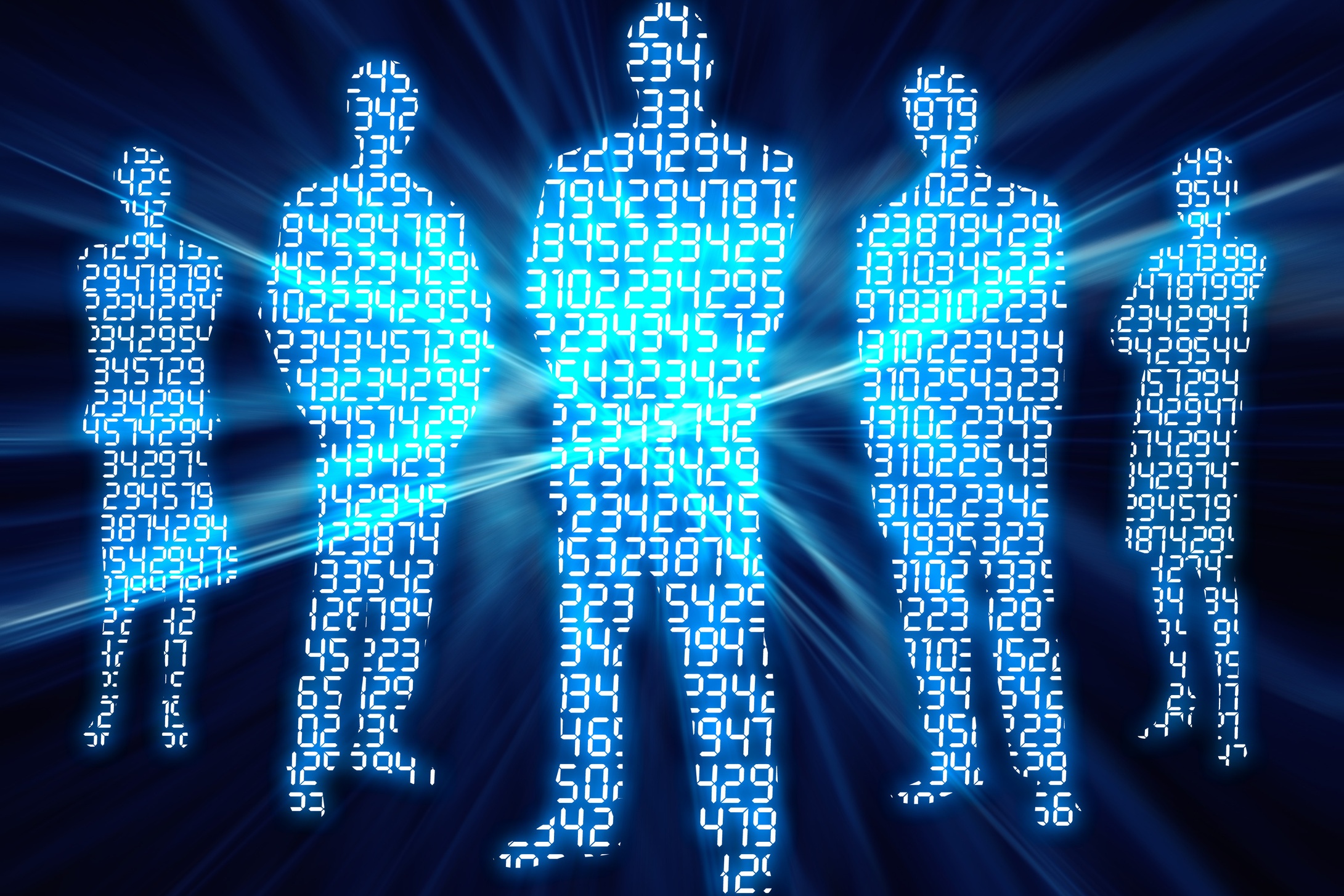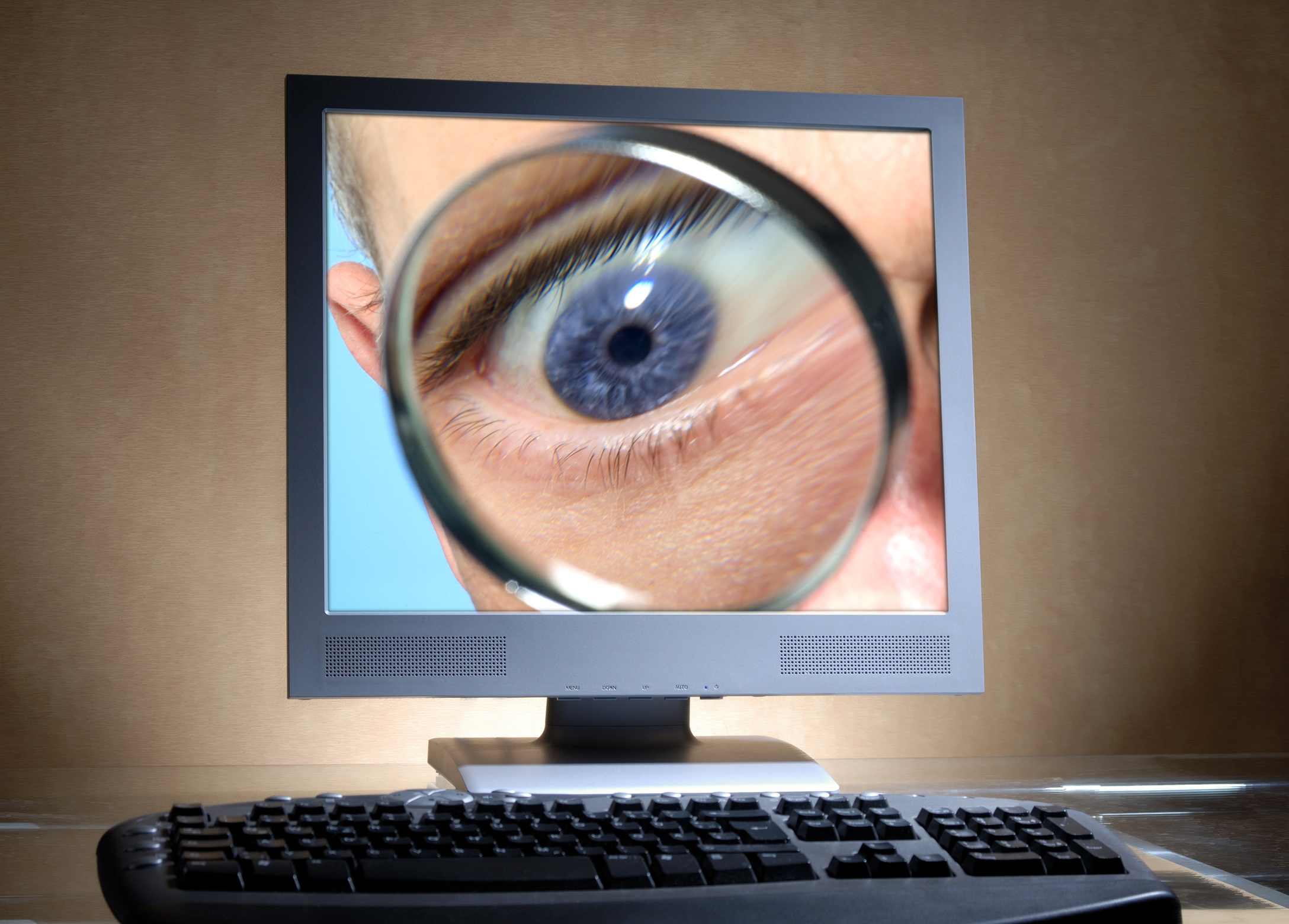French web law allows spying on ISPs, individuals
Civil rights activists have heavily criticised a proposed security bill in France giving the state unprecedented levels of control over the internet.

French lawmakers have approved a draft bill giving the state unprecedented levels of regulation, censorship and control over the internet.
Designed to safeguard against digital crimes such as child pornography, the so-called "Loppsi 2" bill will grant the state wide-reaching powers of censorship and surveillance over ISPs and individuals.
The catch-all "Bill on direction and planning for the performance of domestic security" has already drawn severe criticism from civil rights activists and opposition parties, who say filtering was a costly and ineffective way of tackling child pornography.
The bill was passed by a vote of 312 to 214 in the National Assembly of the French parliament yesterday, and will now go on for a second reading in the Senate.
With the bill having been labelled as "urgent", it will become law as is if approved by the Senate and could come into force as soon as the summer.
Under the legislation, the Interior Ministry will be able to instruct ISPs to shut off web access to any address it feels necessary to prevent criminal activity.
More worryingly from a civil rights perspective, the law will also authorise police to spy on private computers, with remote access permissable under the supervision of a judge.
Get the ITPro daily newsletter
Sign up today and you will receive a free copy of our Future Focus 2025 report - the leading guidance on AI, cybersecurity and other IT challenges as per 700+ senior executives
However, critics of the plan cited a report from the French Federation of Telecommunications claiming that filtering would cost up to 140 million yet would be largely ineffective against peer-to-peer networks the primary method of distribution of child pornography.
European Green Party member Sandrine Bllier, meanwhile, told Marianne magazine that the bill represented "a serious threat" to web neutrality.
"The filtering and blocking of the web has become a standard weapon in the legislative arsenal of a government which has been shameless in its handling of personal freedoms," Bllier said.
With polls showing waning support for president Nicolas Sarkozy in the face of a struggling economy and growing unemployment, the government is clearly taking an aggressive line on digital security.
In addition to the measures governing online surveillance, Loppsi 2 contains provisions for the beefing up of more traditional surveillance methods too. It authorises a tripling of the number of CCTV cameras in France to 60,000 by 2011, and details harsher penalties for a range of other crimes, including drink-driving and assault.
Sarkozy raised the heckles of web neutrality activists in a speech last month by calling on ISPs to do more to filter out undesirable web content.
"The more we automatically 'depollute' networks and servers from all sources of piracy, the less it will be necessary to resort to measures imposed on [French internet users]," Sarkozy told the music and publishing industry. "We must therefore try, without delay, filtering devices."
-
 Passports could take place of ID cards, says Blunkett
Passports could take place of ID cards, says BlunkettNews MP and former home secretary David Blunkett tells Infosecurity 2009 that biometric passports could take the place of ID cards.
By Asavin Wattanajantra
-
 Government looks to ISPs as it cuts comms database plan
Government looks to ISPs as it cuts comms database planNews The Home Office no longer wants to store all the data in a single place.
By Nicole Kobie
-
 Lords criticise surveillance plans
Lords criticise surveillance plansNews The Lords have urged restraint in the use of surveillance and data collection powers, calling for more checks and balances in both public and private sectors.
By Miya Knights

